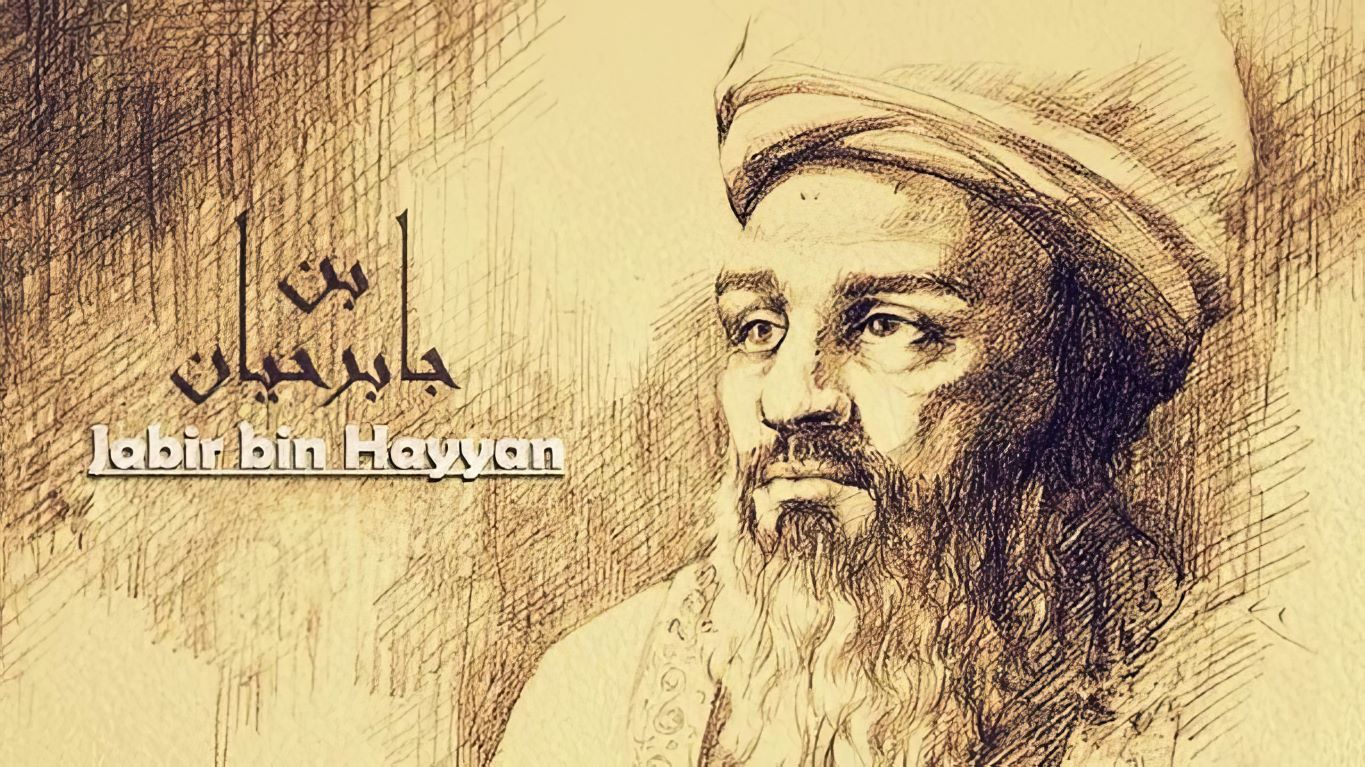Alchemy is an ancient practice that blends science and magic, aiming to turn simple metals into gold and find the elixir of life. One of the most famous figures in alchemy is Jabir bin Hayyan. Born around 721 AD in present-day Iran, Jabir is often called the “Father of Chemistry” for his many discoveries and inventions.
Who Was Jabir bin Hayyan?
Jabir bin Hayyan, also known as Geber in the West, was a scholar and scientist. He lived during the Islamic Golden Age, a period when science, culture, and knowledge flourished in the Islamic world. Jabir wrote many books on alchemy, medicine, astronomy, and other sciences. His work laid the groundwork for modern chemistry.
Important Inventions and Discoveries
Jabir bin Hayyan made several important contributions to alchemy and chemistry. Here are some of his most notable inventions and discoveries:
- Distillation
- What it is: A method to separate liquids based on their boiling points.
- Jabir’s contribution: Jabir improved the distillation process, making it more efficient. This technique is still used today to produce perfumes, alcohol, and purified water.
- Crystallization
- What it is: A technique to form solid crystals from a solution.
- Jabir’s contribution: He described how to purify chemicals and create pure substances using crystallization. This method is essential in making medicines and other chemical products.
- Acids
- What they are: Strong chemicals that can dissolve many materials.
- Jabir’s contribution: He discovered several powerful acids, including hydrochloric acid, sulfuric acid, and nitric acid. These acids are crucial in many industrial and laboratory processes today.
- Alchemy Equipment
- What it is: Tools and apparatus used in chemical experiments.
- Jabir’s contribution: Jabir designed and improved many pieces of alchemy equipment, such as alembics (distillation apparatus), retorts, and furnaces. These tools helped him conduct more precise and varied experiments.
- Classification of Elements
- What it is: Grouping substances based on their properties.
- Jabir’s contribution: He classified elements into metals, non-metals, and spirits (like sulfur and mercury). This early classification influenced later scientific methods of organizing chemical elements.
Jabir’s Legacy
Jabir bin Hayyan’s work was revolutionary. His scientific methods and discoveries spread throughout the world, influencing both Islamic and European scientists. Many of his writings were translated into Latin and studied by scholars during the Middle Ages and the Renaissance.
Jabir’s approach to experimentation and his quest for knowledge paved the way for modern chemistry. Today, chemists still use techniques and tools that have roots in Jabir’s inventions. His legacy lives on in the laboratories and industries that rely on chemical processes he helped to develop.
In conclusion, Jabir bin Hayyan was a pioneering scientist whose inventions and discoveries had a lasting impact on the world. His work in distillation, crystallization, and acids, as well as his contributions to alchemy equipment and the classification of elements, make him a true father of alchemy and a key figure in the history of science.
